
- Home
- Trend
- Weight Loss Strategies
- Acne Tips
- Hair Health Information
- Blemish Removal Tips
- Acne Scar Removal Tips
- Muscle Building Techniques
- Intimate Care Tips
- Postpartum Intimate Care
- Eye Bags Wiki
- Tips for Face Slimming
- Secret of Permanent Hair Removal
- Breast Enlargement Tips
- Cure to Snoring
- Marionette Lines
- Skin-Tightening Secrets
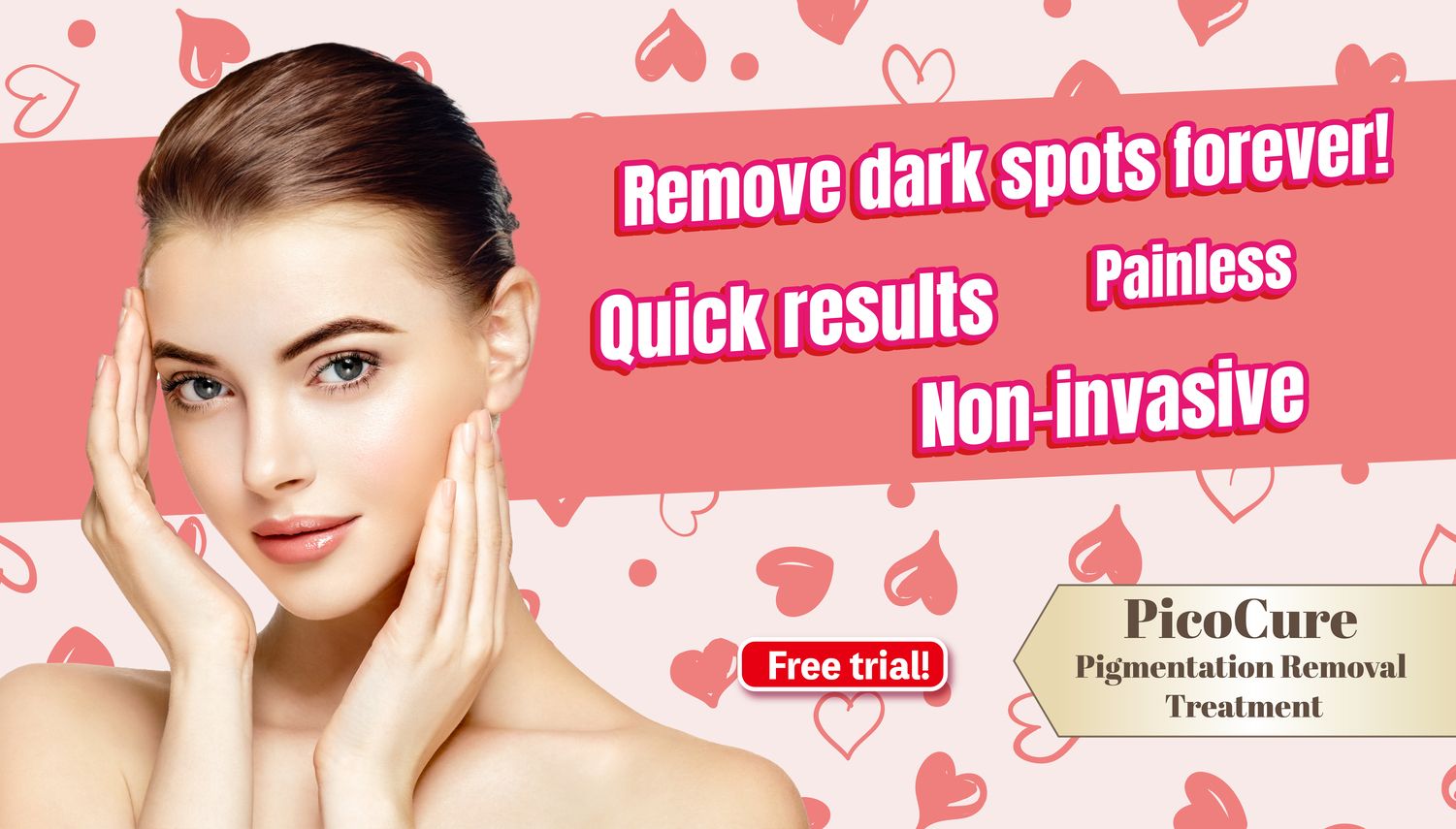
免費體驗
PicoCure Pigmentation Removal Treatment
1 Minute Self-Registration
Date should not be before minimal date
Are you tired of looking in the mirror and seeing dull, lacklustre skin staring back at you? You're not alone. Dull skin is a common concern for many people, and it can be caused by a variety of factors including dead skin cells, dehydration, excessive sun exposure, and lifestyle choices. But fear not, there are steps you can take to brighten your complexion and reveal your skin's natural radiance.
1
What Causes Uneven Skin Tone?

1. Accumulation of Dead Skin Cells
2. Dehydration and Dryness
3. Stress
4. Reduced Blood Flow
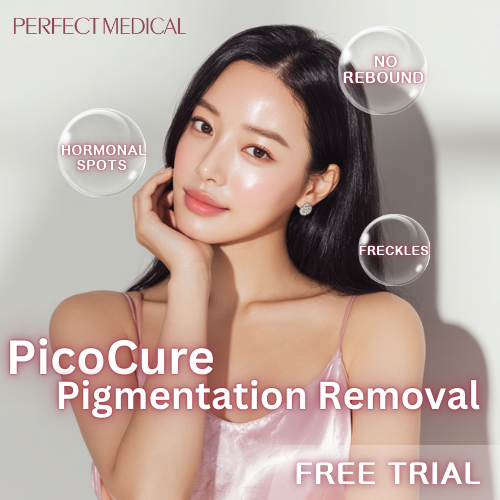
2
How to Deal With Dull Skin? Acids for Your Skin Care Routine
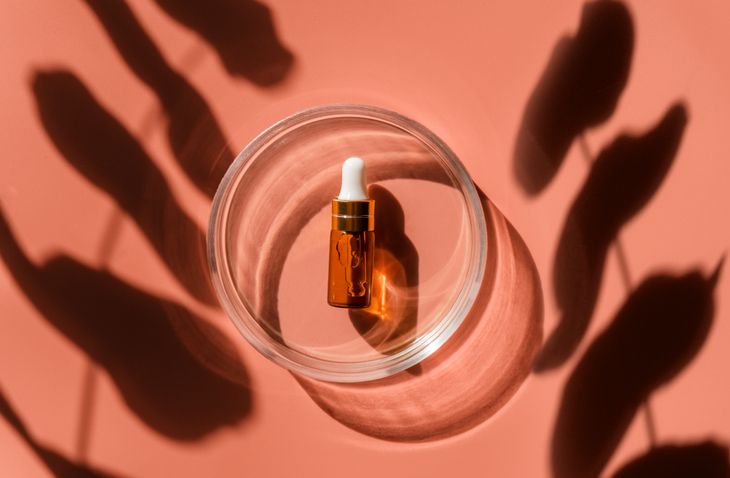
1. Alpha Hydroxy Acids (AHAs)
2. Beta Hydroxy Acid (BHA)
- From Sun-Kissed to Spotless: How To Remove Freckles Effectively
- Sunspots vs Freckles: Identify 5 Common Pigmentation Types In Just 1 Minute + Treatment Guide!
- 5 Causes of Pigmentation + Key Buying Tips for Whitening and Spot-Fading Serum!
- Skin Looks Dull and Lifeless? Discover 7 Foods That Reduce Dull Skin + 6 Daily Habits to Restore Radiance!
3
What Kind of Dull Skin Tone Can't Be Solved By Acids?

Dehydration-Induced Dullness
Dullness from Environmental Factors
Other Skin Conditions Causing Dullness
Hormonal Changes Affecting Dullness
Internal Factors Impacting Dullness
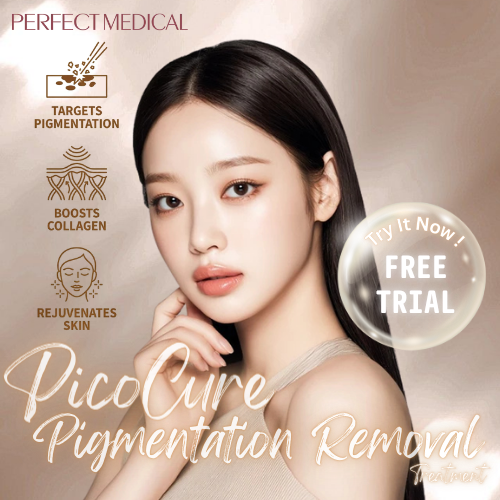
4
Brighten Dull Skin & Get Collagen Growth with Perfect Medical!

1. Quick and Visible Results
2. Comfortable and Non-Invasive
3. Long-lasting Results
4. Precise Targeting

免費體驗
PicoCure Pigmentation Removal Treatment
1 Minute Self-Registration
Date should not be before minimal date
5
Conclusion
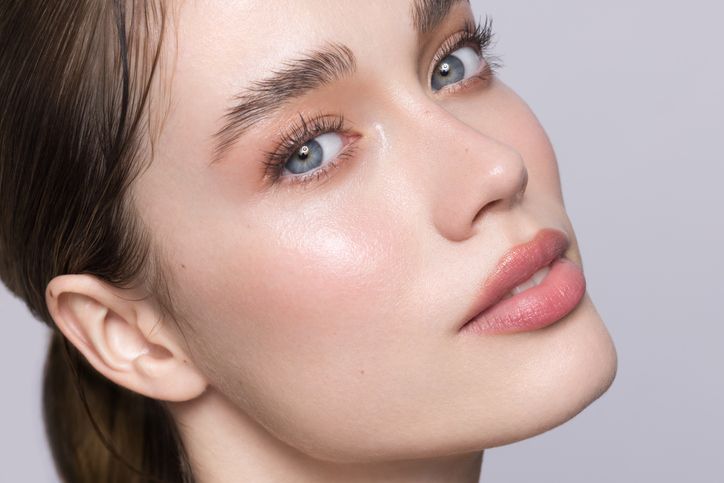
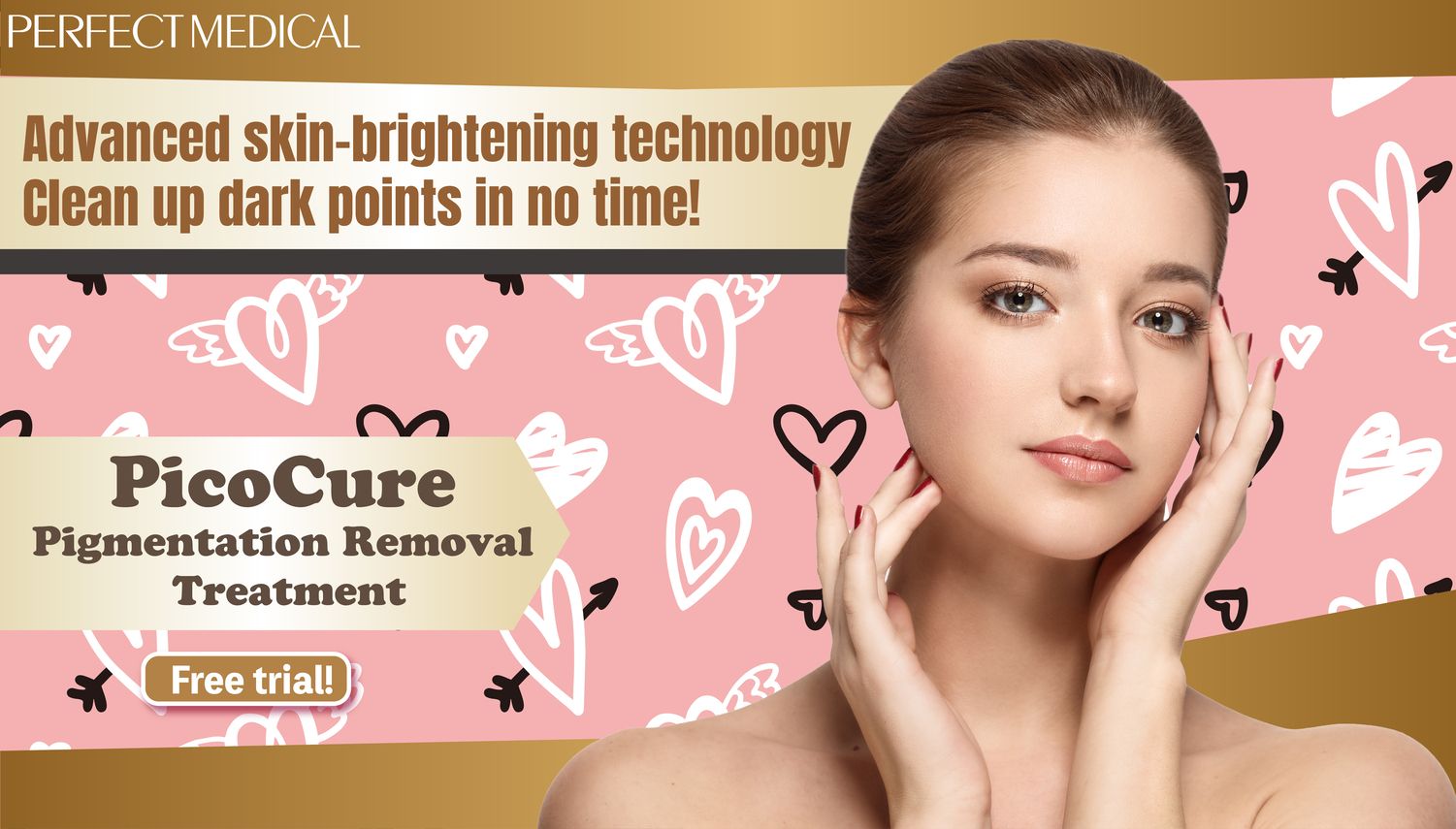
免費體驗
PicoCure Pigmentation Removal Treatment
1 Minute Self-Registration
Date should not be before minimal date
FAQ

1. How can I prevent skin irritation while incorporating hyaluronic acid into my skincare routine for dehydrated skin?
When incorporating hyaluronic acid into your skincare routine for dehydrated skin, it's crucial to prevent potential skin irritation. Begin by patch-testing the hyaluronic acid serum on a small area of your face before applying it to your entire face. This allows you to assess how your skin reacts to the product and helps identify any sensitivity or adverse reactions. Additionally, ensure that your skincare routine includes gentle cleansing and moisturising to address dehydration and minimise the risk of dryness and flakiness.
2. Can using a hydrating serum with essential fatty acids help improve the appearance of fine lines and reduce wrinkles?
Incorporating a hydrating serum enriched with essential fatty acids into your skincare routine can be highly beneficial for improving the appearance of fine lines and reducing wrinkles. Hydrating serums help replenish moisture levels in the skin, while essential fatty acids nourish and strengthen the skin barrier. Together, they work to plump up fine lines, smooth out wrinkles, and enhance overall skin elasticity. Consistent use of such products as part of your skincare routine can stimulate collagen production, which further contributes to a more youthful and radiant complexion.
3. How can I achieve a healthy glow and combat dull-looking skin caused by UV rays and environmental damage?
Combatting dull-looking skin caused by UV rays and environmental damage requires a multi-faceted approach. Incorporating vitamin C into your skincare routine is a highly effective strategy for achieving a healthy glow and protecting your skin against oxidative stress. Vitamin C is a potent antioxidant that helps brighten the complexion, fade dark spots, and defend against free radical damage. Additionally, using a hydrating serum and moisturiser can replenish moisture levels and strengthen the skin's natural barrier, further enhancing its resilience to environmental aggressors.
4. What face mask ingredients are best suited for addressing lacklustre complexion and dull-looking skin?
When selecting face masks to address lacklustre complexion and dull-looking skin, prioritise ingredients that offer brightening and revitalising benefits. Look for masks containing vitamin C, a powerful antioxidant known for its ability to enhance skin radiance and even out skin tone. Hyaluronic acid is another key ingredient that helps hydrate and plump the skin, restoring its natural luminosity. Additionally, opt for masks infused with collagen-boosting ingredients, such as peptides or amino acids, to promote skin firmness and elasticity.
5. Is it advisable to use matte makeup if I have dry skin to avoid a rough, flaky appearance?
While matte makeup can offer a polished finish, it may exacerbate dryness and flakiness, particularly for those with dry skin. Instead of matte formulas, opt for hydrating makeup products that provide moisture and nourishment to the skin. Look for foundations and powders infused with hydrating ingredients like hyaluronic acid or glycerin, which help maintain skin hydration throughout the day. Additionally, incorporate a moisturising primer into your makeup routine to create a smooth canvas and prevent makeup from clinging to dry patches.








